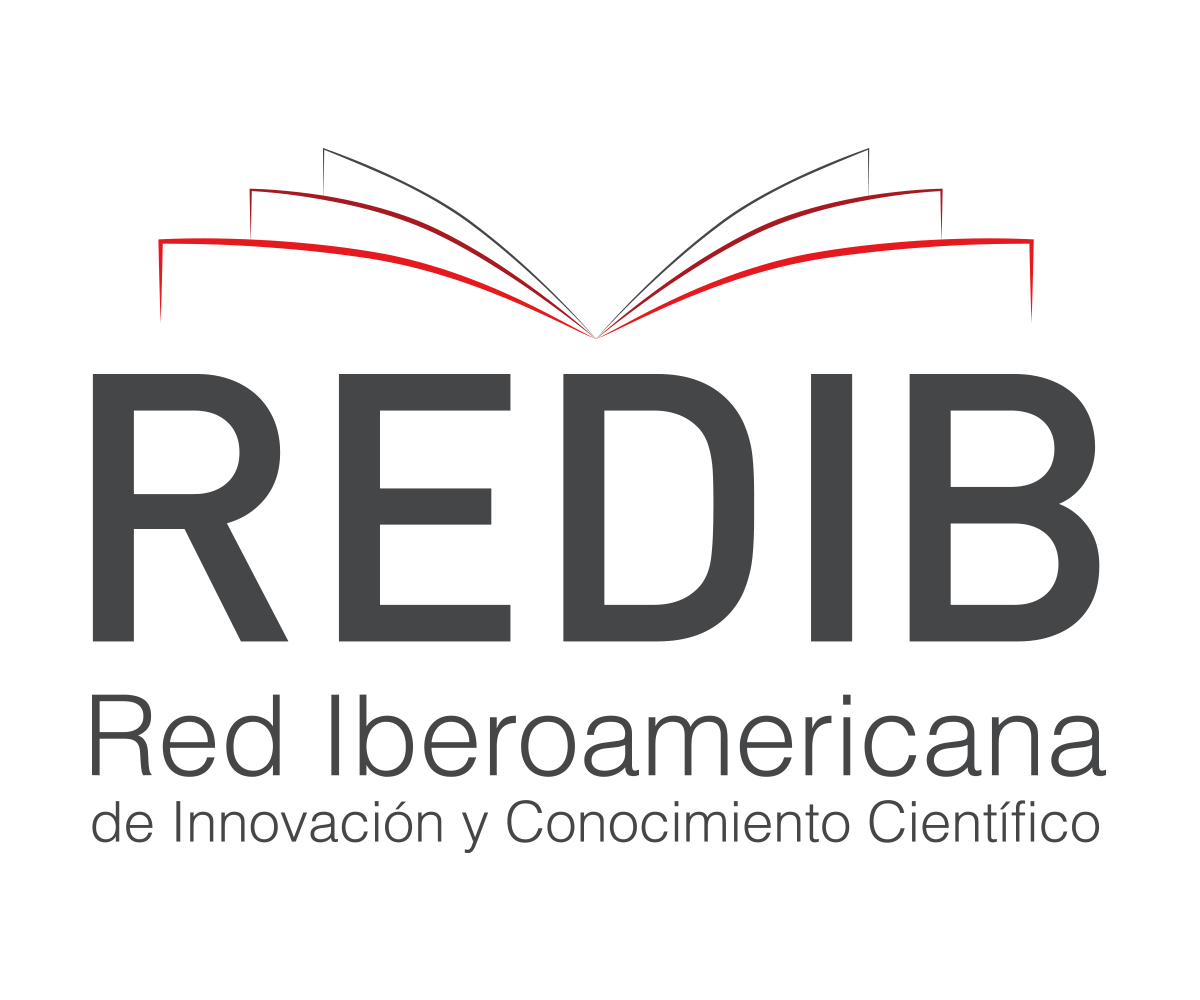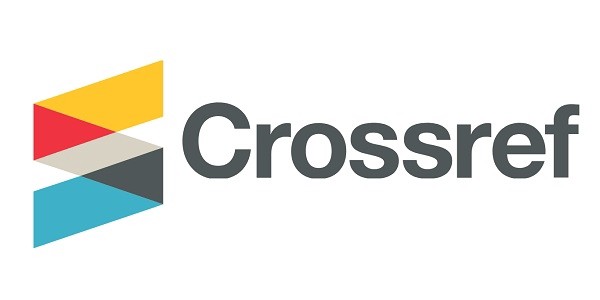GROSS INTERNAL HAPPINESS
analysis of the leaders of an agricultural machinery manufacturing industry located in the interior of São Paulo
DOI:
https://doi.org/10.31510/infa.v20i2.1736Keywords:
happiness, positive psychology, human resourceAbstract
The Gross Internal Happiness (GNH) test emerged as an indicator to measure the development of nations, but it was eventually extended to the corporate environment in view of the growing issues surrounding this topic. Thus, the main objective of this study was to approach and analyze the happiness levels of the leaders of an agricultural machinery production industry in the interior of São Paulo using the quali-quanti methodology, in order to propose appropriate improvements and new methods of human resource management based on the conclusions obtained by combining the theoretical analysis with the data resulting from the test applied. In this context, philosophical and positive psychology theories, among other sciences, were used and related in order to provide a more comprehensive understanding of the subject. The results of the survey indicated that most of the respondents were happy in their personal and professional spheres, which had a positive impact on the GNH, since most of the individuals considered to be unhappy did not have problems related to their professional performance, but rather to their personal well-being. Finally, it was possible to conclude that the company has a positive and satisfactory organizational environment.
Downloads
Metrics
References
BEN-SHAHAR, Tal. Psicologia Positiva: a ciência da felicidade no trabalho. Palestra proferida na HSM Experience.fev. 2016. Disponível em: https://experience.hsm.com.br/trails/jornada-do-entusiasmo/post/psicologia-positiva-a-ciencia-da-felicidade-no-trabalho. Acesso em: 15 mar. 2022.
DEJOURS, C. A loucura do trabalho: estudo de psicopatologia do trabalho. 1992. Tradução de A. I. Paraguay e L. L. Ferreira. 5 ed. São Paulo: Cortez Editora. E-book.
GOLEMAN, D. Inteligência Emocional: A teoria revolucionária que redefine o que é ser inteligente. Tradução de Marcos Santarrita. Rio de Janeiro: Objetiva, 2011a. E-book
GOLEMAN, D. Trabalhando com a inteligência emocional. Tradução de M. H. C. Côrtes. Rio de Janeiro: Objetiva, 2011b. E-book.
JRM COACHING. Psicologia positiva: o modelo PERMA de Martin Seligman. Disponível em:https://jrmcoaching.com.br/blog/psicologia-positiva-modelo-perma-martin-seligman/#:~:text=Ele%20estabeleceu%20um%20modelo%20de,Prop%C3%B3sito)%3B%20Accomplishment%20(Realiza%C3%A7%C3%B5es). Acesso em: 20 mar. 2022.
MAPA DE TALENTOS. P.E.R.M.A: Psicologia positiva e um modelo de bem-estar nas empresas. 2019. Disponível em: https://mapadetalentos.com.br/portal/index.php/pt/blog-pt/335-p-e-r-m-a-psicologia-positiva-e-um-modelo-de-bem-estar-nas-empresas. Acesso em: 20 mar. 2022.
SELIGMAN, M. E. P. Felicidade Autêntica: usando a nova Psicologia Positiva para a realização permanente. Tradução de Neuza Capelo. Rio de Janeiro: Objetiva, 2010. E-book.
VOCE RH. O peso da felicidade no trabalho. ed. 79. São Paulo: Editora Abril, abr./maio2022.
Downloads
Published
How to Cite
Issue
Section
License
Copyright (c) 2024 Revista Interface Tecnológica

This work is licensed under a Creative Commons Attribution 4.0 International License.
Os direitos autorais dos artigos publicados pertencem à revista Interface Tecnológica e seguem o padrão Creative Commons (CC BY 4.0), que permite o remixe, adaptação e criação de obras derivadas do original, mesmo para fins comerciais. As novas obras devem conter menção ao(s) autor(es) nos créditos.
- Abstract 122
- PDF (Português (Brasil)) 82












.jpg)




1.png)
1.png)